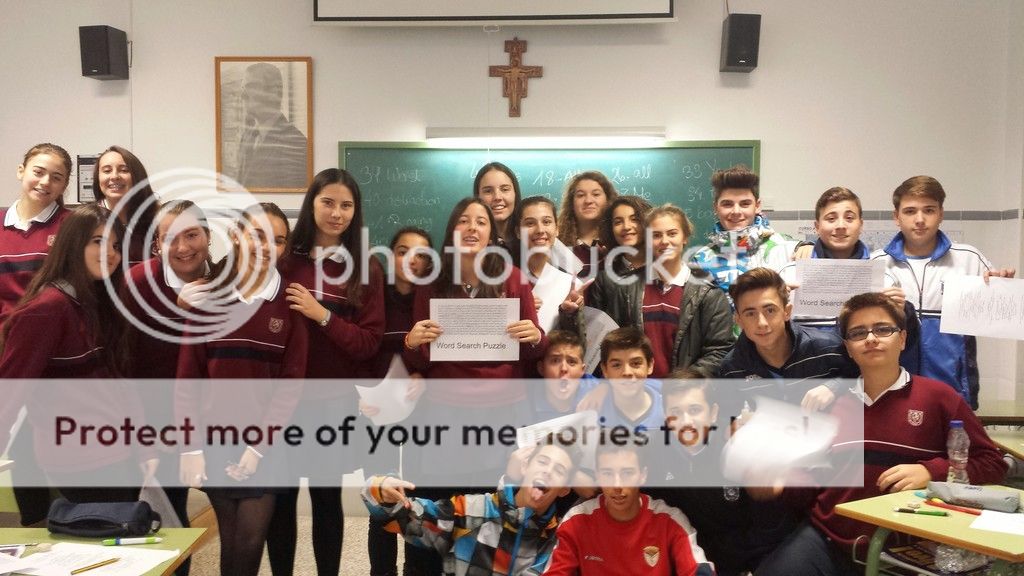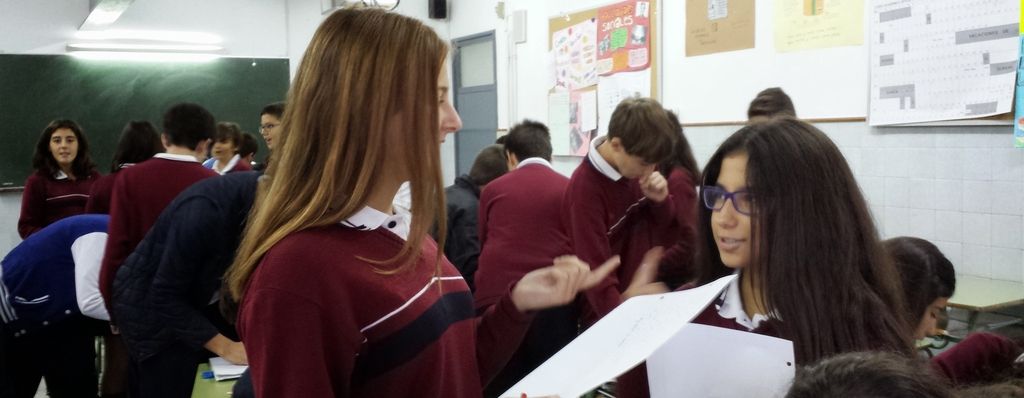REPASO
FINAL INGLÉS 1 ESO.
1)
Presente simple verb to
be (af, neg, int)
(t1)
I-am
/ am not /
you-we-they
are /aren't / are not
he-she-it
is /isn't/ is not
NG
→ my mother and my aunt are not /aren't sisters
Q
→ are my mother and my aunt sisters?
2)
Pasado simple verbo to
be
you-
we-they – were /weren't
I-he-she-it
– was / wasn't
3)
there is - there are - there was - there were
hay
(sg) hay (pl) había (sg) había (pl)
a
/ an (uno-a) some
(af=algunos) any
(ng=ninguno) a lot of
(un montón) lots of
(montones) many
(cont) - much
(in)(muchos)
4)
Present simple verb to
have got (af, ng,
int)
I
– you – we -- they have got / 've got → HAVEN'T GOT
He-she-it
has got / 's got → HASN'T GOT
SIEMPRE
HAY QUE PONER GOT
I
have got / I've got four brothers. → AF
I
haven't got four brothers → NG
Have
I got four brothers? → QUESTIONS
5)
Present simple (do/does)
(af, ng, int)
AF
VERBO
COMO TAL – I play football
he-she-it
verbo añade -s/-es He plays football
NG
(don't/doesn't)
I-you-we-they
don't
play football
he-she-it
doesn't
play
football
Q
( do I ? / does he?
What-
cuál / qué
Who
– quién
Where
– dónde
When
– cuándo
How
– cómo
Which
– cuál
Why
– por qué
Why
do you arrive late?
What
is your name? (is prese simpl to be)
6)
Adverbs of frequency (se usan en presente simple)
always
- siempre
usually
- usualmente
often
– a menudo
sometimes
– a veces
not
often – no a menudo, casi nunca
never
– nunca
position
: delante del verbo menos del verbo to be que va detrás.
I
ALWAYS go to school
I
am always beautiful
7) Presente continuo. (am / is / are + ving)
Utilizamos el verbo TO BE más un verbo que acaba en ing.
I am playing footbal
He is reading a book
Se utiliza con palabras como now, at the moment... ya que el presente continuo se utiliza con acciones que están sucediendo u ocurriendo ahora.
7)
Past simple
(did)
regular
and irregular verbs (af, ng, int)
AF
regular
– verbo+ed
irregulares
– 2 columna tabla wb
NG
didn't
+ verbo
Q
did
I play football?
When
did you play football?
8)
like /don't like v+ving (me gusta / no me gusta)
I
like /love / hate verbo siempre con ing
I
like reading books
you
like swimming
he
likes playing football
9)
can (poder) / must (deber)
i
can swim – posibilidad o cosas que sé
i
must do homework – obligaciones
-
no olvidar que can y must no tienen pasado, - seguidos de infinitivo
sin to – no llevan -s / es / -ing / -ed / don't
can't
/ mustn't
i
can't swim
10)
BE GOING TO ( FUTURO .. VOY A )
am
/ is / are + going to + verbo infinitivo
I
am going to visit my dentist
They
are going to go to the cinema
VOCABULARIO
(TEMA 9)
1
READING - text
1
LISTENING - audio
1
WRITING - redacción (TEMA 9)
Para
más ejercicios de repaso visitad el blog
www.englishsap.ireneanguita.com.es
y buscad ejercicios de
refuerzo primero de eso.
Es una entrada que vienen los ejercicios organizados por temas (Tema
1 → tema 9)










